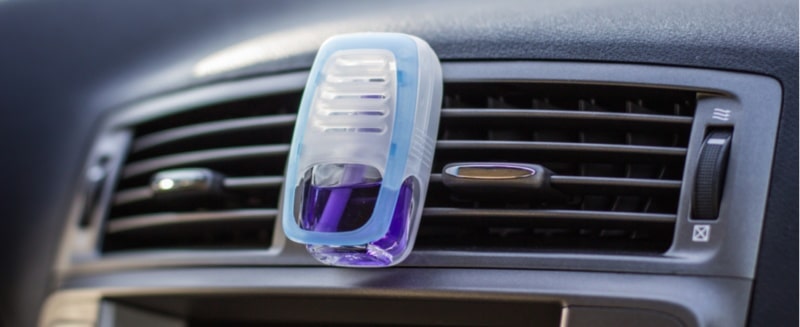As many people are recognizing that their car is an underutilized asset and that technology has turned it into a potential money-maker, car-sharing and ride-sharing programs are becoming more popular.
Car-sharing companies, such as Relay Rides, allow individuals to rent their cars to strangers for a specified fee over a fixed period of time. Car owners list their cars on a website for rent, and renters can come pick up the car and use it for a certain amount of time.
Ride-sharing companies, such as Uber and Lyft, have developed apps that allow individuals to turn their car into a for-hire vehicle, transporting people with whom they have no previous relationship. Similar to a taxi service, passengers can schedule a ride with a participating driver, and drivers are paid for their services, usually by the ride-sharing company’s app.
Car sharing
People share cars every day. If you lend your car to a friend or family member and he or she gets into an accident, that driver is covered through your personal auto insurance policy.
But if you rent your car to a stranger for money, it’s no longer personal—it’s business. In other words, if you’re using your car as a commercial venture, your personal auto policy is no longer in effect. Check with the car-sharing program in which you’re participating to find out what kind of coverage it offers when someone else is using your vehicle.
If you’re a driver who wants to rent someone’s personal car, you should also ask about the insurance coverage the car-sharing service provides. Renting a car from a private person is different from renting a car from a traditional car rental service, which offers an array of insurance products for the renter to purchase.
Ride sharing
Ride-sharing programs allow you to convert your car from a personal vehicle into a limousine. This is something that is not covered by a personal auto insurance policy, so before agreeing to be a ride-sharing driver, be sure to purchase a commercial insurance policy that provides the appropriate insurance protection.
While many ride-sharing companies offer insurance, in many cases the offered insurance coverage is secondary to the personal insurance policy the driver already has on the car. Some ride-sharing programs do have their own commercial coverage, but it might be effective only if a driver is en route to pick up a client or has a passenger in the car. Other programs may not provide coverage at all.
Finally, be aware that ride-sharing services are increasingly coming under scrutiny from local municipalities, states, and insurance regulators for not carrying the proper insurance coverage.
Loretta Worters is vice president with the Insurance Information Institute, a non-profit organization whose mission is to improve public understanding of insurance—what it is and how it works. Follow her on Twitter @LWorters.
[amazon_link asins=’1524763438,B01LXEQ6UM,B004NOPEN2,B011VIUGZI’ template=’ProductCarousel’ store=’thinkglink-20′ marketplace=’US’ link_id=’203ce1e7-18b8-11e8-8f2e-cf6888e1857d’]






